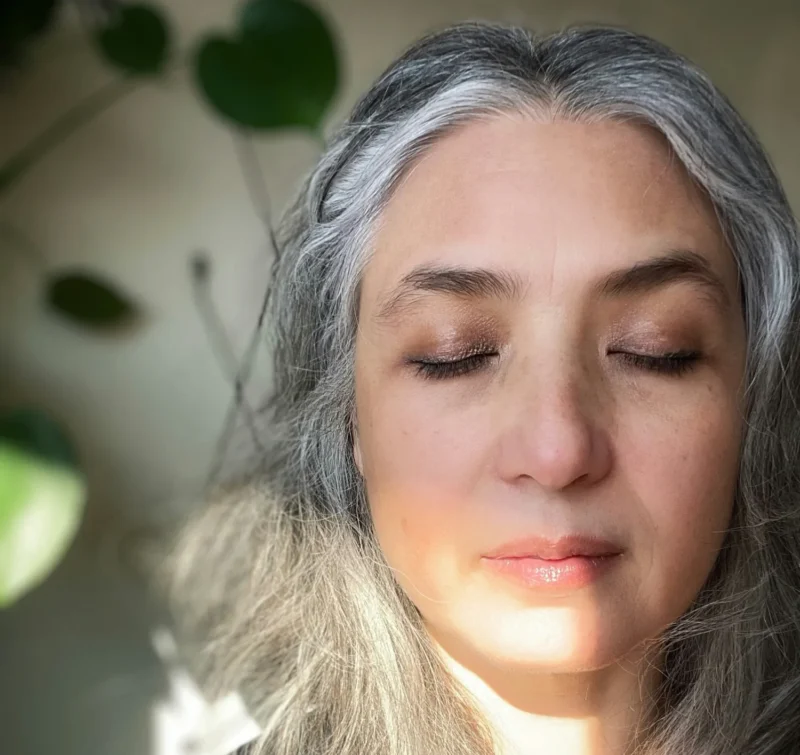
Anxiety
Anxiety is a natural human response to stress or perceived danger. It can feel like nervousness, worry, fear, or apprehension and may arise in situations that feel unfamiliar or challenging. A manageable level of anxiety can even be helpful—motivating us to prepare and perform at our best during things like exams, job interviews, or public speaking. However, when anxiety becomes persistent, overwhelming, or difficult to control, it can start to interfere with your everyday life. If you’re finding it hard to enjoy activities, feel at ease, or carry out daily tasks because of anxiety, you may be experiencing an anxiety disorder.
When is Anxiety a problem?
Problematic or severe anxiety often persists even in the absence of an immediate threat. It can feel overwhelming and may cause both emotional and physical symptoms that impact your relationships, work, sleep, and overall wellbeing.
You might find yourself avoiding certain situations, feeling trapped by repetitive thoughts, or struggling with a constant sense of dread. If these symptoms are disrupting your life, it’s important to know that effective help is available.
Common signs & symptoms
Emotional symptoms may include:
- Constant worry or fear that feels out of proportion
- Feelings of dread, panic, or impending doom
- Avoiding situations that trigger anxiety
- Difficulty concentrating or staying present
- Fear of being judged or scrutinised in social situations
- Repetitive behaviours or rituals to reduce anxious feelings
- Irritability or restlessness
Physical symptoms may include:
- Rapid heartbeat or palpitations
- Shortness of breath
- Nausea, dizziness, or “butterflies”
- Muscle tension or headaches
- Sweating or hot/cold flushes
- Fatigue or insomnia
- Frequent urination or gastrointestinal distress
Types of Anxiety Disorders
Anxiety can manifest in many different forms. Common anxiety-related conditions include:
- Generalised Anxiety Disorder (GAD)
- Social Anxiety Disorder
- Panic Disorder and Panic Attacks
- Specific Phobias
- Agoraphobia
- Obsessive-Compulsive Disorder (OCD)
Anxiety disorders can also coexist with other mental health challenges such as depression or substance use. Our team takes an integrated approach to understanding your unique experience.
What causes Anxiety?
Anxiety can arise from a mix of factors, including:
- Chronic stress from work, relationships, finances, or school
- Past trauma or difficult life events
- Personality traits such as high sensitivity or perfectionism
- Family history of anxiety or other mental health conditions
- Physical health issues or the side effects of medication
- Use of or withdrawal from substances such as caffeine, alcohol or drugs
While triggers can often be identified, anxiety can also develop without a clear cause. Whatever the reason, your experience is valid—and treatable.
Treatment for Anxiety
At Seed Psychology, our psychologists provide compassionate, evidence-based treatment tailored to your needs. We use therapies such as Cognitive Behavioural Therapy (CBT) and other proven approaches to help you:
- Identify the thoughts and behaviours that maintain anxiety
- Learn practical coping strategies and relaxation techniques
- Regain a sense of calm and control
- Address underlying causes and triggers
- Build confidence to re-engage with the world
- Improve resilience and quality of life
In more complex or severe cases, we may work alongside your GP or psychiatrist to coordinate care that includes medication or additional support.
What You Can Do
Alongside therapy, many people find relief from anxiety by making lifestyle adjustments such as:
- Practising mindfulness, meditation, or breathing exercises
- Staying physically active and maintaining a balanced diet
- Reducing caffeine and alcohol intake
- Establishing regular sleep routines
- Talking to trusted friends, family, or a therapist
- Engaging in enjoyable or relaxing daily activities
You don’t need to face anxiety alone. Professional support can make a significant difference.
How We Can Help
At Seed Psychology, our highly trained psychologists offer thoughtful, individualised support for those struggling with anxiety. We’ll work collaboratively with you to explore what’s contributing to your distress and help you learn skills to manage anxiety and live more freely.
Connect with us to book an appointment with a psychologist in our Brunswick clinic or via telehealth Australia-wide.
Through connection,
change is possible
Our compassionate team at Seed Psychology is here to help you regain your wellbeing and navigate life’s challenges with greater confidence and clarity. Connect with us to book an appointment with a psychologist in our Brunswick clinic or via telehealth Australia-wide.
Available resources
Meet our amazing team of therapists
Our diverse team of psychologists offer individual, couples, and online therapy, as well as assessments. Beyond their expertise, they bring humanity and care, providing respectful, affirming support tailored to each person’s unique experience.
Freqeuently asked questions
-
You do not need a referral to see a Psychologist at Seed Psychology. However, if you’d like to claim a Medicare rebate, you will need a Mental Health Care Plan (MHCP) from your GP. With a MHCP, you may be eligible for rebates on up to 10 sessions per calendar year. These sessions can be used at any psychology clinic of your choice. To access Medicare psychology rebates, book an appointment with your GP and ask for a Mental Health Care Plan. Most referrals begin with 6 sessions, with the option to access 4 more after a review. Referrals can also be provided by a psychiatrist or paediatrician.
-
Yes, we offer in person sessions at our Brunswick East practice and secure online appointments. Our online services make it easy to connect with your Psychologist from anywhere, offering flexibility without compromising on care. Whether you attend in person or online, you’ll receive consistent, high-quality support.
-
To book an appointment, simply use our booking form, or call our client care team on 9388 8113.
-
Our goal is to make mental health care approachable, inclusive, and clear—so you always know what to expect.
Individual Therapy Sessions
- Private clients (no referral): $255 – $285
- Clients with a MHCP: $230 – $285
- Medicare rebates: $96.65 – $141.85 per session (depending on the clinician)
- Private clients (no referral): $255 – $285
-
At Seed Psychology, your safety and wellbeing are our highest priorities. While we are here to support you through regular therapy sessions, we are not a crisis service and may not be available outside of scheduled appointments. If you or someone you care about is in immediate danger, experiencing a mental health crisis, or needs urgent support, it’s important to seek help straight away through the appropriate emergency or crisis services. You can find a list of trusted organisations and services here that can provide immediate support when you need it most.











